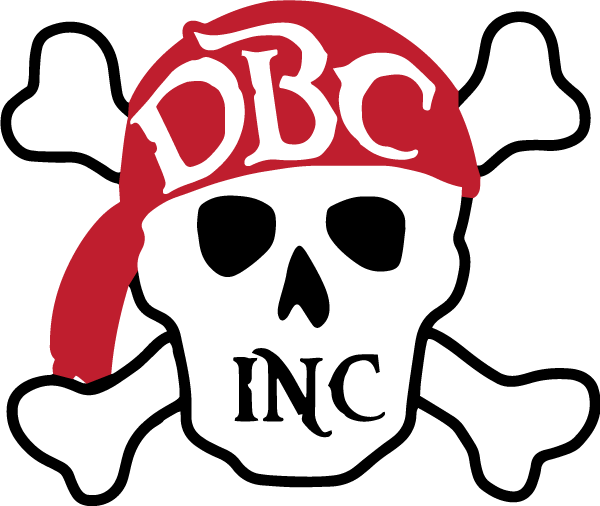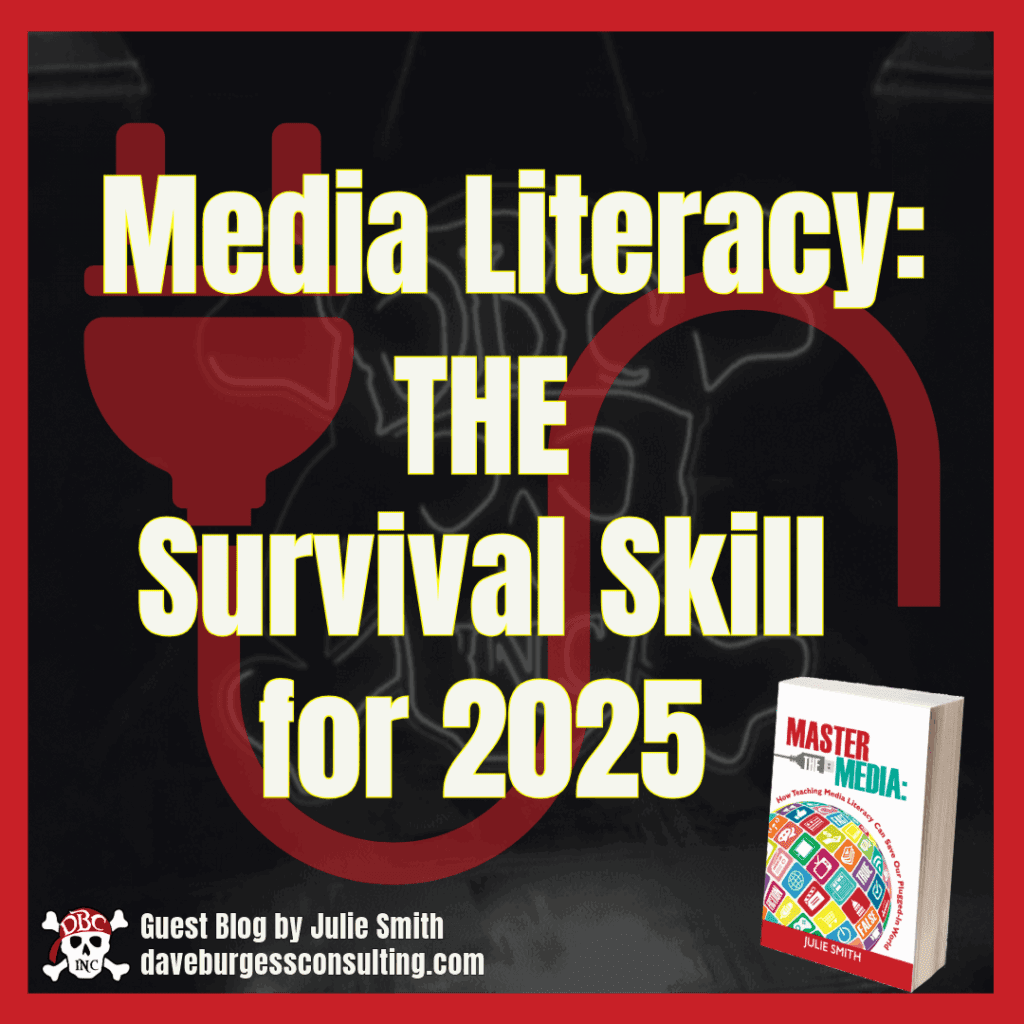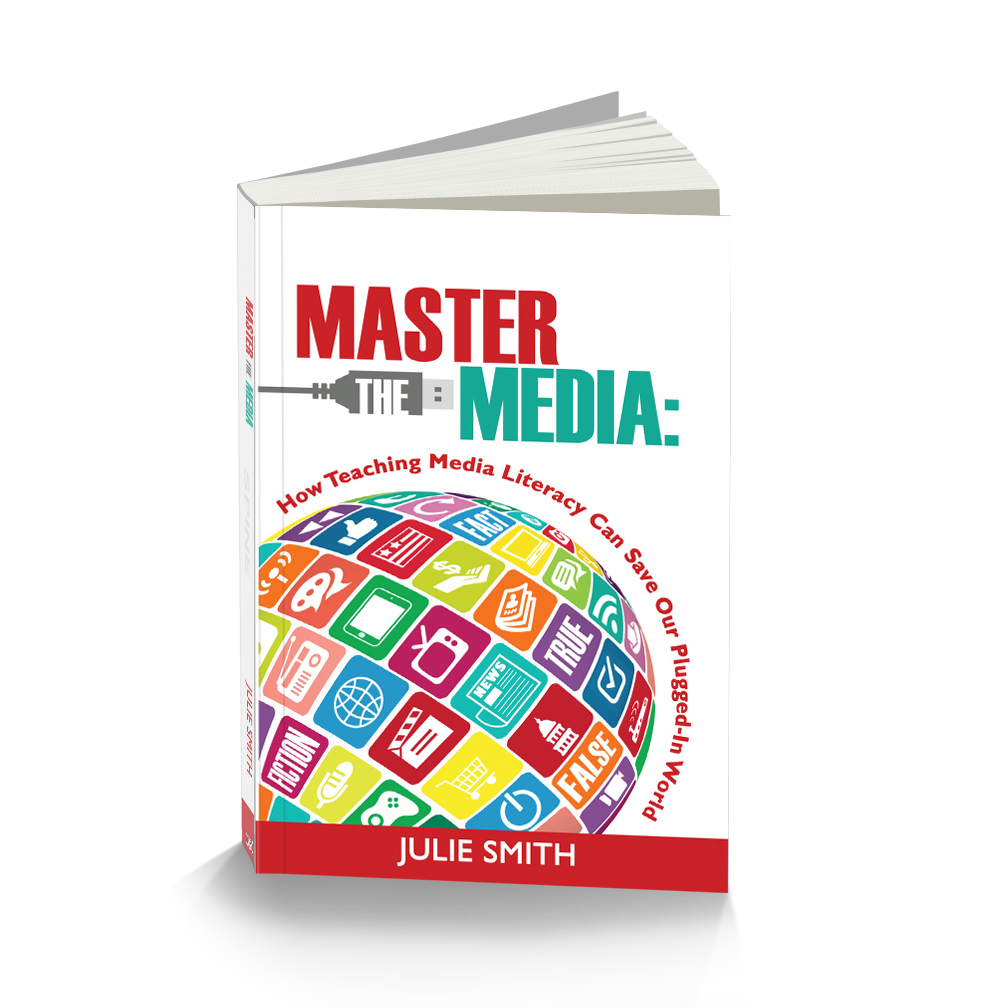Today's guest blog is brought to you by Julie Smith! She is on the faculty of Webster University in St Louis and the author of Master the Media: How Teaching Media Literacy Can Save our Plugged-In World. She travels nationally and internationally doing keynotes and workshops on media literacy, social media & digital forensics to groups of parents, students, and educators. She has a Diet Coke addiction and a Formula One obsession.
Can't wait to learn from you, my friend!
Take it away!
Guest Blog: Media Literacy
Teaching media literacy in 1997 - when I started - was a snap. The main topics were techniques for scheduling TV shows, how women were portrayed in magazine ads, and how MTV changed the music industry.
It was a simpler time.
Sometimes I think Plato may have been the first media literacy teacher with his allegory of the cave in “The Republic”. The prisoners thought the shadows they saw on the cave wall were reality. Our cell phones are today’s cave wall.
Although many might consider media literacy simply the skill of discerning online misinformation, it’s so much more than that. Media literacy in 2025 is understanding how
- If WE are using free media, we’re not the customers but the product being sold
- Algorithms work & why they exist
- Foreign governments manipulate us
- AI affects the democratization of media content production
- “Be nice online” is outdated
- Students need social media coaching, not preaching
- We (on average) spend 11 hrs/day consuming media
- Sex is so pervasive in advertising, and why
- Social media platforms make money
- Those same platforms aren’t responsible for anything posted on them
- Facebook’s “meaningful social interactions” changed everything
- Our echo chambers are threatening democracy
- Video games & sites are designed to be “sticky”
- Word choice affects the tone & intent of a news article
- We partake in “info-snacking” - never reading the whole thing
- Streaming has entirely changed the entertainment industry
- Our government is mad about the wrong thing regarding TikTok
- Snoop Dogg was invited to the 2024 Summer Olympics 😉
Those of us excited about media literacy aren’t anti-media. We merely think that we should be talking about it more than we do.
Thankfully, there has been some movement on this issue. Check out what New York State released in January: The Media Literacy Toolkit for Teachers. Several states have media literacy-related legislation in the pipeline (including my state of Missouri!), and even the new Pope has touted the importance of critical thinking.
You might be thinking, “Okay, so how do we do this media literacy thing?” It’s simple. We merely encourage people to ask questions. Start with these five:
Who’s the sender of this message?
What’s their motive or intent?
How is the message designed to get my attention?
What information is left out?
Who benefits or profits from this message?
I tell (beg?) people to ask these questions whether the message is a TikTok video, billboard, news broadcast, podcast, magazine, movie, textbook, website….you get the idea.
It’s critical thinking - and it’s never been more critical.
My book, “Master the Media”, is a starter kit for anyone who’s interested in learning more about media literacy. I wrote it for both teachers and parents - and I’ve even had some middle schoolers read it!
We are surrounded by electronic mass media. We can’t control the message senders; we can’t control the messages. But we can educate the message receivers.
And the republic might be saved.
Thank you, Julie!
Thanks for making us think, Julie!
Amazing content!
Be sure to follow Julie on X and her website by clicking the links.
And, don't forget to grab your copy of Master the Media: How Teaching Media Literacy Can Save our Plugged-In World! You won't be disappointed!


